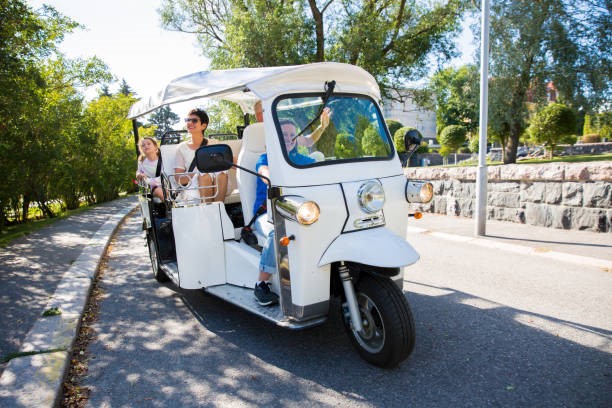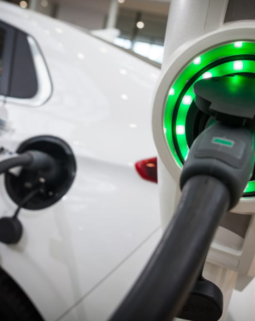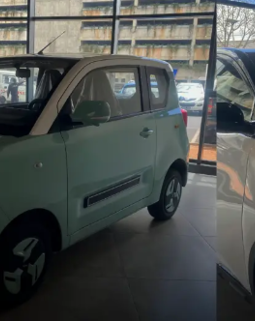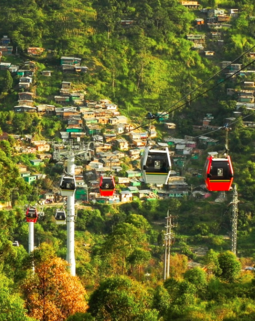Madagascar, a country known for its rich biodiversity and unique cultural heritage, is gradually embracing electric vehicles as part of its efforts to modernize urban transportation. Among these, electric rickshaws are gaining popularity, especially in the bustling capital of Antananarivo. These eco-friendly vehicles are seen as a promising solution to the city's transportation challenges, offering a more sustainable and cost-effective alternative to traditional petrol-powered rickshaws. This article delves into the rise of electric rickshaws in Madagascar, exploring their benefits, challenges, and potential impact on the future of urban transport in the country.
The Rise of Electric Rickshaws in Madagascar
In recent years, Antananarivo, like many other cities in developing countries, has faced significant challenges in managing urban transportation. Traffic congestion, air pollution, and rising fuel costs have prompted a search for more sustainable and efficient alternatives. Electric rickshaws, known locally as "tuk-tuks," have emerged as a viable solution.
These vehicles are powered by rechargeable batteries and are favored by many taxi drivers for their lower operating costs. Unlike petrol-powered rickshaws, electric tuk-tuks require minimal maintenance and do not rely on expensive fuel. This shift towards electric vehicles aligns with global trends of reducing carbon emissions and promoting sustainable urban mobility.
Economic and Environmental Benefits
The adoption of electric rickshaws in Madagascar offers several economic and environmental benefits. For drivers, the lower operating costs translate into higher earnings, as they spend less on fuel and maintenance. This has made electric tuk-tuks an attractive option for many drivers who previously struggled with the high costs associated with petrol vehicles.
From an environmental perspective, electric rickshaws contribute to reducing air pollution in Antananarivo, a city that has been grappling with poor air quality due to vehicle emissions. The transition to electric vehicles is expected to reduce the city's carbon footprint, making it a cleaner and healthier place for residents.
Challenges in the Adoption of Electric Rickshaws
Despite their benefits, the adoption of electric rickshaws in Madagascar is not without challenges. One of the main obstacles is the availability of reliable charging infrastructure. In many parts of Antananarivo, access to electricity is inconsistent, and charging stations are few and far between. This makes it difficult for drivers to keep their vehicles charged and ready for daily use.
Additionally, the initial cost of purchasing an electric rickshaw can be a barrier for many drivers. While the long-term savings on fuel and maintenance are significant, the upfront investment required to buy an electric vehicle is still out of reach for many.
The Future of Urban Transport in Madagascar
The rise of electric rickshaws in Madagascar is a positive step towards more sustainable urban transportation. However, for this transition to be successful, it will require support from both the government and the private sector. Investment in charging infrastructure, as well as financial incentives for drivers to purchase electric vehicles, will be crucial in overcoming the current challenges.
Moreover, public awareness campaigns highlighting the benefits of electric vehicles can help increase acceptance and adoption among the population. As more drivers and passengers recognize the economic and environmental advantages of electric rickshaws, their presence on the streets of Antananarivo is likely to grow.
Conclusion
Madagascar's move towards electric rickshaws represents a significant shift in the country's approach to urban transportation. These vehicles offer a sustainable solution to the challenges of traffic congestion, air pollution, and rising fuel costs. While there are hurdles to overcome, the potential benefits for both the economy and the environment make electric rickshaws a promising addition to Madagascar's transportation landscape. As the country continues to develop, the success of electric vehicles will play a crucial role in shaping the future of urban mobility in Madagascar.





